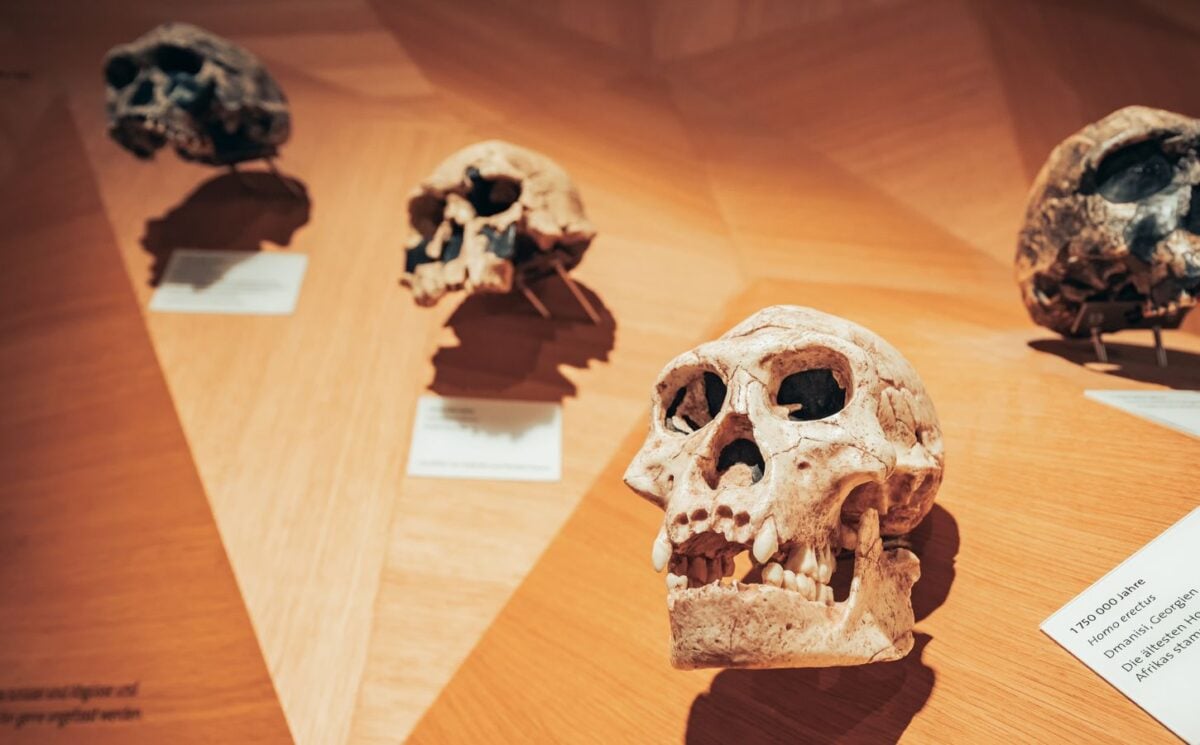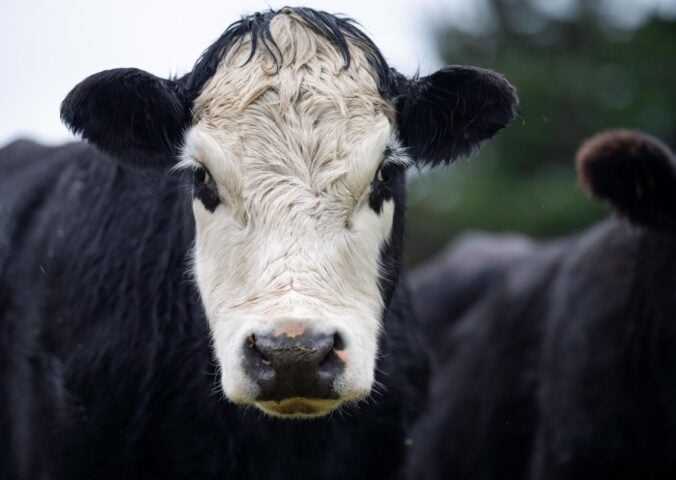Fermented foods may have helped evolution of large brains in humans, according to a recent study.
The human brain began increasing in size around 2.5 million years ago. But scientists have been unsure of what mechanism drove that change. Fire and the invention of cooking has often been thought to have been the key, by enabling our ancestors to get enough nourishment to spur our evolution.
But the new study notes that the archaeological evidence shows that human brain expansion predated fire use by up a million years.
As brains need a lot of calories to keep functioning, the researchers believe another dietary change helped to kickstart the growth of early humans’ brains. They posit that fermented foods, as a dietary option accessible to our ancestors, were responsible.
External Fermentation Hypothesis

The researchers propose the External Fermentation Hypothesis to explain what helped our brains grow. Food ferments inside our guts, but the researchers believe that the food must have been fermented before being eaten.
According to the study, fermentation makes it easier for humans to absorb macronutrients and micronutrients. It also makes carbohydrates and proteins more digestible.
Backing up this hypothesis is the fact that humans have relatively smaller large intestines than other primates. This indicates that our ancestors were eating food that was already partly broken down by fermentation.
“Reduced gut sizes could only evolve if our ancestors were able to exploit a more nutrient-dense and easily digestible food source,” explain the researchers in the study. As a result, less energy would have been needed to support digestion, freeing it up for use by the brain instead.
A happy accident
Our ancestors probably didn’t choose fermented foods for their brain health, but fermented foods by accident. The study suggests that our early ancestors may stored food in common locations, intermittently eating some and adding more. Using the same storage spots could have helped a stable microbial ecosystem to develop that would aid fermentation.
“This was not necessarily an intentional endeavor,” Erin Hecht, co-author on the study and Assistant Professor of Human Evolutionary Biology at Harvard University, told The Harvard Gazette. “It may have been an accidental side effect of caching food. And maybe, over time, traditions or superstitions could have led to practices that promoted fermentation or made fermentation more stable or more reliable.”
Supporting mental health
Katherine Bryant, lead author and researcher at Aix-Marseille University, suggests that the External Fermentation Hypothesis could have implications for research into modern diets.
“This hypothesis also gives us as scientists even more reasons to explore the role of fermented foods on human health and the maintenance of a healthy gut microbiome,” she told The Harvard Gazette. “There have been a number of studies in recent years linking gut microbiome to not only physical but mental health.”
Indeed, fermented foods such as kimchi and tempeh are becoming increasingly popular for their benefits to gut health. Gut health expert Professor Tim Spector recommends eating a small amount of fermented foods every day. This encourages diversity in the gut microbiome.





